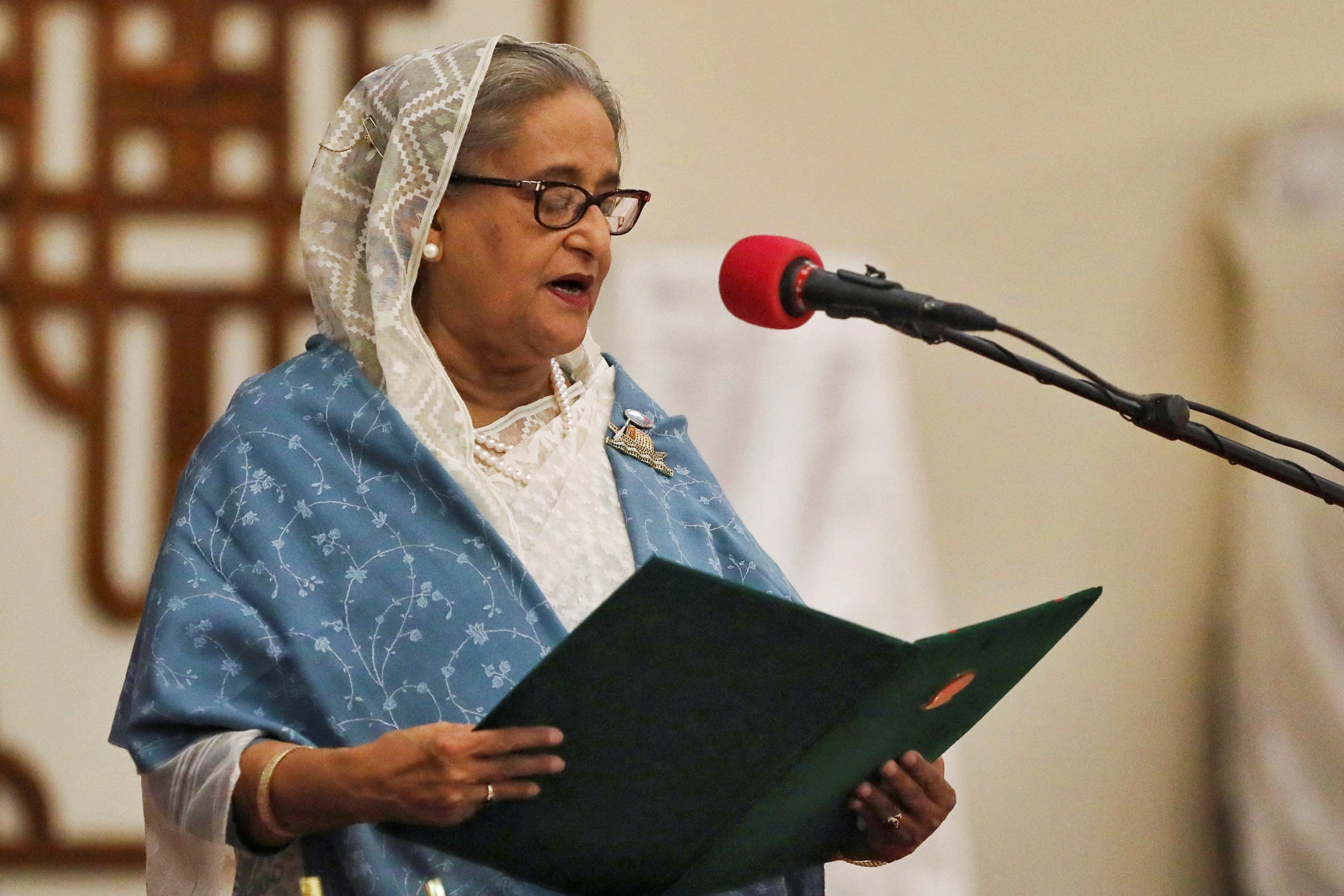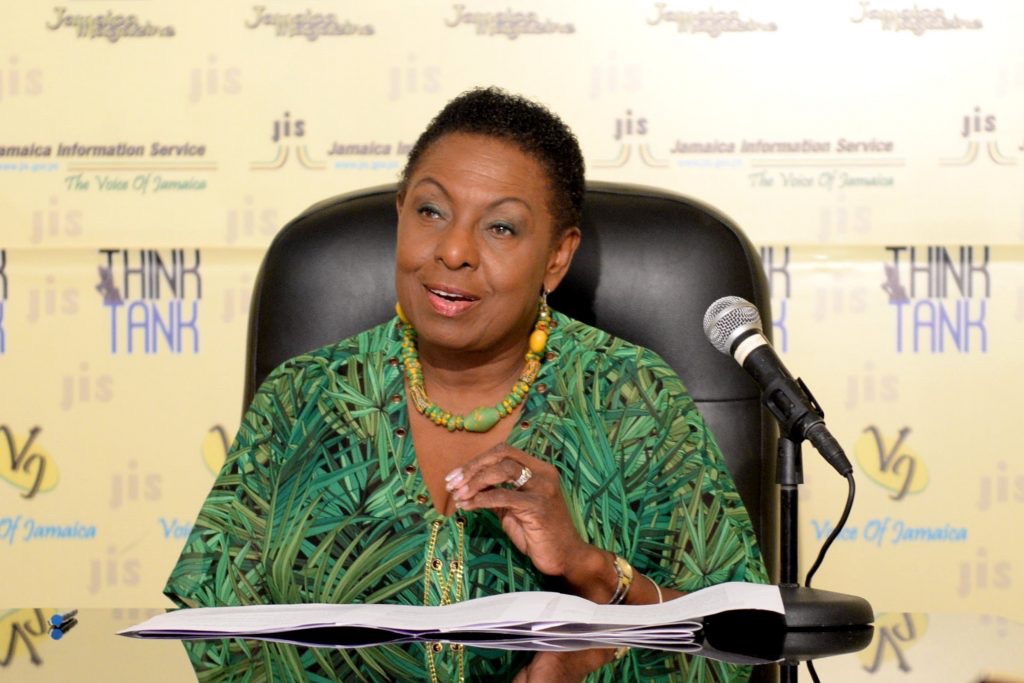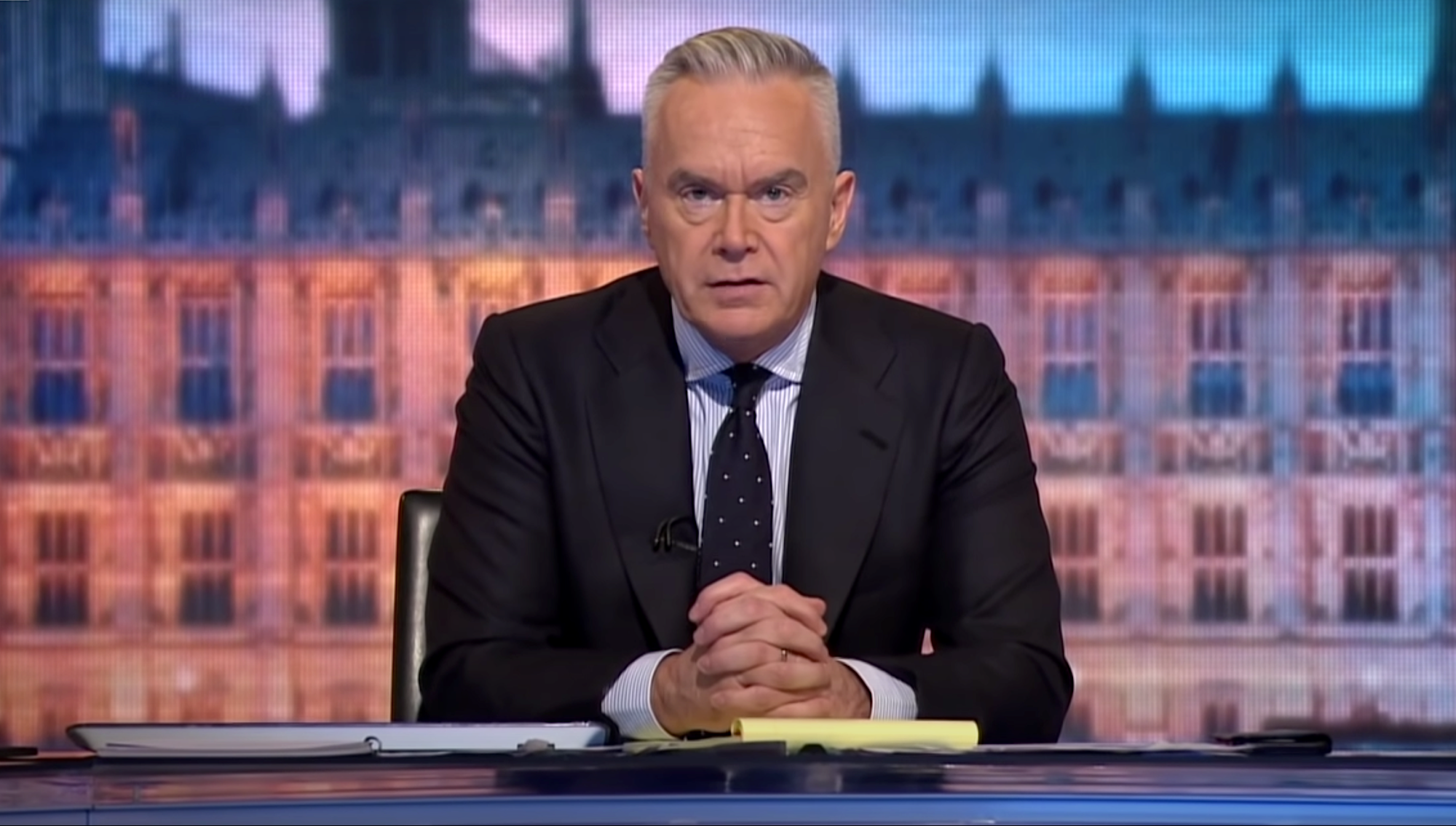Prime Minister Sheikh Hasina of Bangladesh resigned and fled the country on Monday following intense protests against a government job quota system. The demonstrations, which began as a student-led movement, escalated into widespread unrest challenging her 15-year rule. Thousands of protesters stormed her official residence and other buildings linked to her party.
Hasina was seen boarding a military helicopter with her sister, amid escalating violence and security concerns that led to the suspension of operations at Dhaka’s main airport. General Waker-uz-Zaman, the country’s military chief, addressed the nation, assuring that order would be restored and announcing an investigation into the deadly crackdown on protesters. He also promised that the military would refrain from firing on crowds.
The protests started peacefully last month with students demanding the end of a quota system for government jobs, which they claimed favored those with connections to the ruling Awami League party. However, the demonstrations quickly evolved into a broader movement against Hasina’s governance. Despite a Supreme Court ruling last month to cut the quota system, protests continued, fueled by allegations of corruption, high unemployment, and authoritarian practices by Hasina’s administration.
The unrest, which has seen nearly 300 deaths since mid-July, included violent clashes that left at least 95 people dead in Dhaka on Sunday. With at least 11,000 people arrested and a significant number injured, the country has faced severe disruptions, including the closure of schools, universities, and public transport.
As the crisis unfolded, protesters called for a “non-cooperation” movement, urging citizens not to pay taxes or utility bills and to avoid work. The government’s attempts to quell the unrest included shutting down mobile and broadband internet services and imposing a shoot-on-sight curfew.
Hasina’s resignation marks the end of her long tenure, which saw both significant development and increasing criticism over human rights abuses and strained relations with Western countries. As she landed in an undisclosed city in India, it remains unclear where she will seek refuge next. Meanwhile, Bangladesh faces a period of uncertainty as the military and political leaders work towards establishing an interim government and addressing the demands of the protesters.






